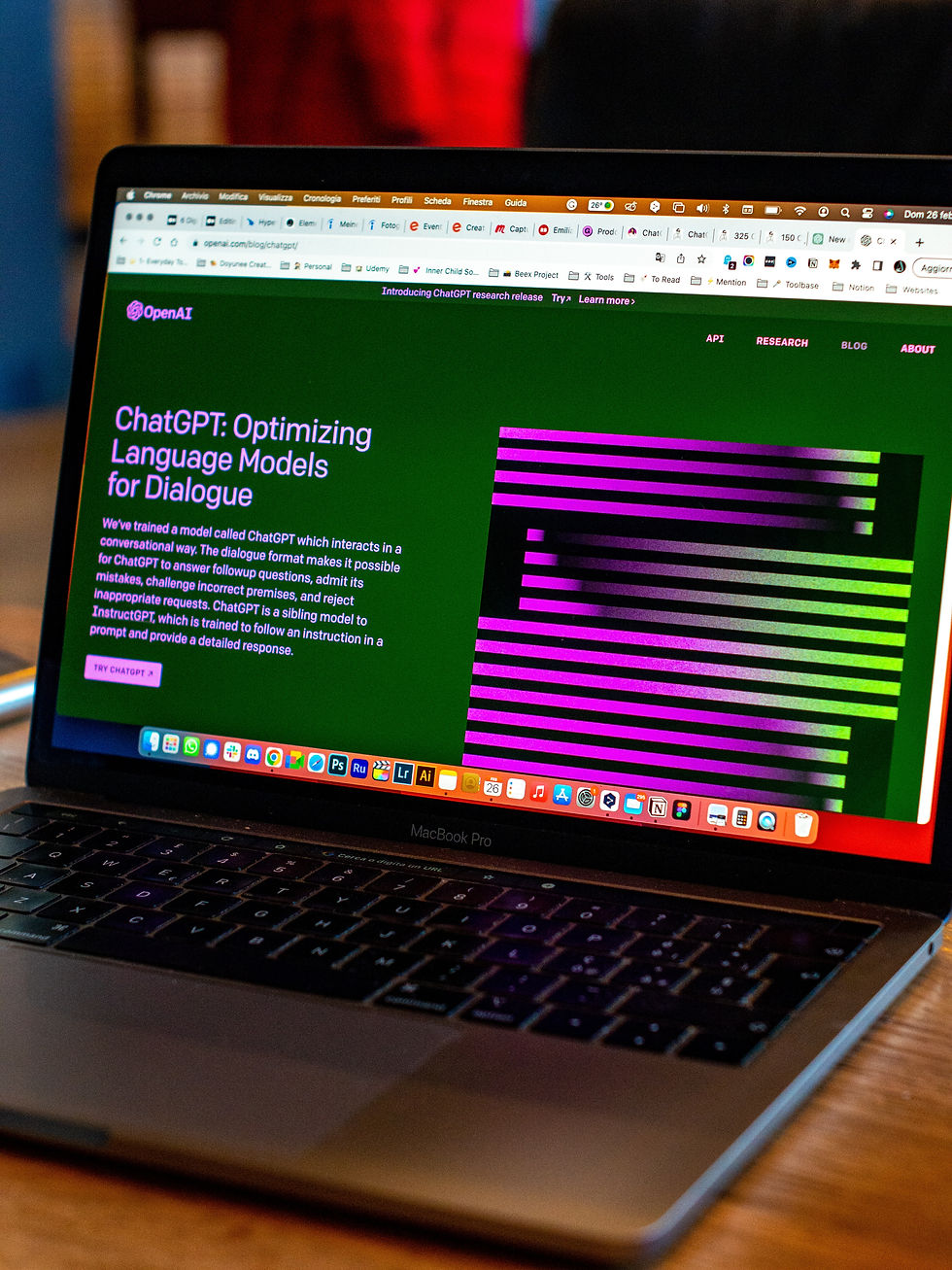
Oct 30, 2024
AI Ethics in Cybersecurity: Balancing Innovation with Integrity
Stay Ahead of the Complexities of AI in Cyber Defense
From the desk of Juan Vegarra
Introduction: In the landscape of cybersecurity, artificial intelligence (AI) stands out as both a beacon of potential and a source of ethical dilemmas. As AI systems become more integral to protecting digital assets, their ethical implications grow increasingly significant. This post explores how organizations can leverage AI in cybersecurity while maintaining ethical standards, ensuring that technological advancements do not come at the cost of ethical integrity.

Balancing Act Between Advancement and Ethics AI's ability to process vast amounts of data at unprecedented speeds offers significant advantages in detecting and responding to cyber threats. However, this power must be wielded with a keen sense of responsibility. Here are actionable steps to maintain this balance:
Develop Ethical AI Guidelines:
Establish clear guidelines that dictate the acceptable uses of AI in cybersecurity within your organization. These guidelines should address potential ethical issues and outline processes for ethical decision-making.
Ethics Training for AI Teams:
Conduct regular training sessions for your AI development and operations teams to ensure they are aware of and adhere to your ethical guidelines.
Implement Oversight Mechanisms:
Set up an independent ethics board within the company to oversee AI projects. This board should include members from diverse backgrounds to provide a wide range of perspectives.
Privacy Concerns The deployment of AI in cybersecurity often requires monitoring user activities, which can lead to significant privacy concerns. To address these effectively:
Data Minimization:
Use techniques such as data anonymization and pseudonymization to ensure that personal data is protected. Only collect data that is necessary for security purposes.
Transparent Data Use Policies:
Clearly communicate to users how their data will be used, stored, and protected. Update privacy policies to reflect the use of AI technologies.
Regular Privacy Audits:
Conduct regular audits of AI systems to ensure compliance with both internal privacy standards and external regulations like GDPR or CCPA.
Bias and Fairness Bias in AI can lead to unfair practices in cybersecurity, such as discriminatory profiling or overlooking threats. To combat this:
Diverse Training Data:
Ensure that the data used to train AI systems is representative of diverse scenarios and populations to minimize bias.
Continuous Bias Monitoring:
Implement tools and processes to regularly check for and correct biases in AI decision-making.
Engage External Auditors:
Periodically bring in third-party auditors to review and report on the fairness of the AI systems in use.
Maintaining Trust Trust is a crucial component of any cybersecurity strategy, especially when AI is involved. To foster and maintain trust:
Transparency Initiatives:
Regularly publish reports on AI performance, including how AI systems are being used to enhance security and any steps taken to mitigate risks.
Stakeholder Engagement:
Engage with customers, employees, and the public to gather feedback on AI systems and address any concerns proactively.
Ethical AI Certifications:
Pursue certifications for ethical AI use to demonstrate commitment to ethical standards externally.
The Way Forward The integration of AI into cybersecurity practices is inevitable, but it must be approached with a robust ethical framework. The steps outlined above provide a blueprint for organizations to embrace AI's potential responsibly.
Conclusion: As AI continues to redefine the boundaries of what is possible in cybersecurity, the real challenge lies in its ethical application. By implementing the steps above, organizations can ensure that their use of AI not only defends against digital threats but also upholds the highest ethical standards, thereby securing a trust-based relationship with all stakeholders.
